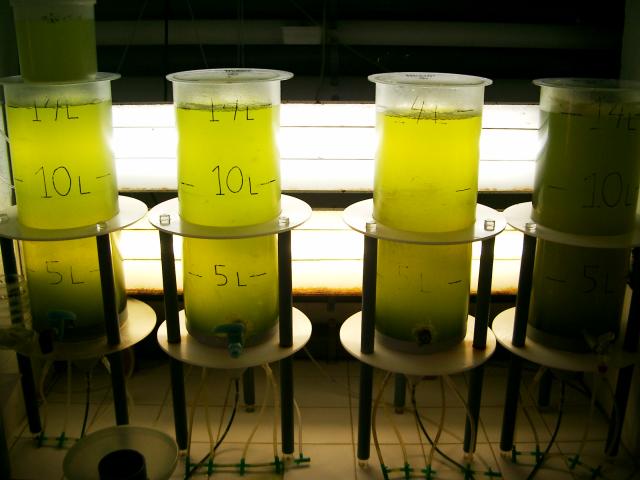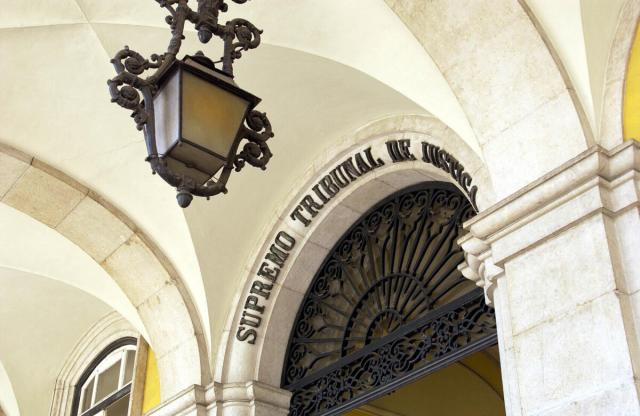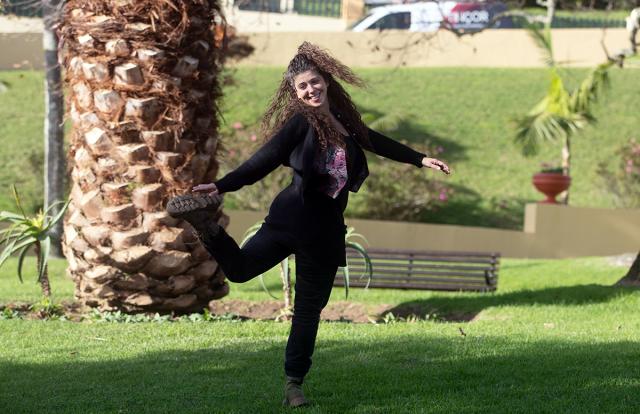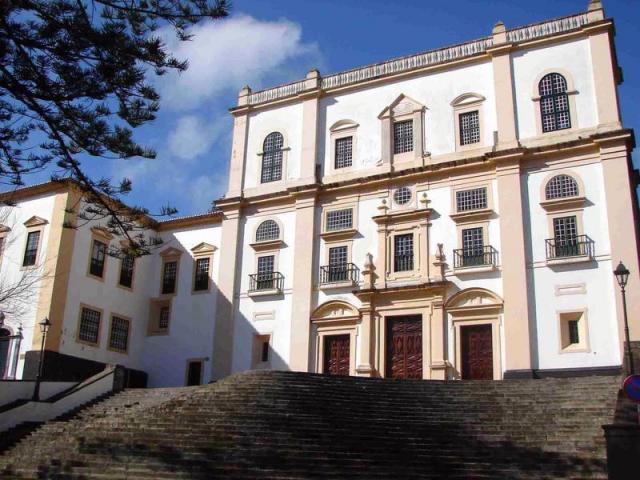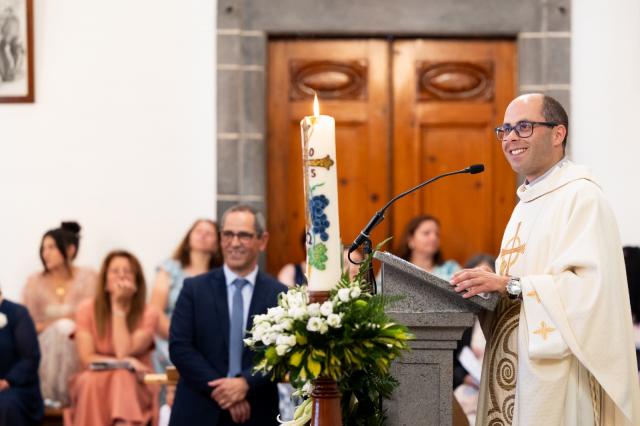Faial hosted the second edition of the Marine Robotics Summer School, which demonstrated the importance of the use and mastery of robotics and new technologies in ocean research.
Twenty students from six countries were present - Germany, Brazil, Egypt, the United States of America, India and Portugal - including four master's students from the Okeanos Institute of the University of the Azores, who were able to share and receive knowledge not only in the field of marine robotics, but also in biology, marine ecology and oceanography.
Participants in the Marine Robotics Summer School were able to work with an AUV (Autonomous Underwater Vehicle), from the University of Porto, which in plain view looks like a torpedo, but which is actually an important ocean data collection instrument, remotely controlled by mobile or satellite network (without the need for a cable that connects it to a vessel or an operator).
This autonomous vehicle made successive dives up to 100 meters, covering a previously defined triangular area for collecting data on salinity, temperature and pressure of the water column.
Speaking to Açoriano Oriental, the director of the Institute of Research in Sea Sciences of the University of the Azores - Okeanos, Gui Menezes, this summer school was not only important for the students of the Azores to be able to "deal with other scientific areas", but also to "learn more about new technologies for study of the oceans".
As explained by Gui Menezes, autonomous vehicles are increasingly used to study oceans, which is an "opportunity for engineers, biologists and oceanographers to understand, in multidisciplinary groups, the challenges each of these areas brings to the study of oceans".
Today, oceans face important challenges regarding their preservation and, therefore, "we will increasingly need more expeditious and less costly technologies to collect and monitor information on some oceanographic parameters," explains Gui Menezes.
As reported by Okeanos in a press release, the Marine Robotics Summer School was a joint initiative of Okeanos, LSTS – Underwater Systems and Technology Laboratory of the Faculty of Engineering of the University of Porto, MIT - Massachusetts Institute of Technology and the MIT Portugal Program. The initiative also counted on the partnership of AIR Centre, CoLab+ATLANTIC, the Gaspar Frutuoso Foundation and the Azores Sea School, with the support of the Regional Government of the Azores.
The success of this Marine Robotics Summer School, confirmed by all national and foreign participants, encouraged Okeanos to host more editions in the future with the aim of "making it a reference course" at the international level. For Gui Menezes, the facilities of the School of the Sea are unique, of great quality and very suitable for the realization of this Summer School in the future, if the partnership is to be maintained.
This initiative brings added value to the region not only at the scientific level, but also due to the touristic dissemination of the islands. For example, the participants were delighted with the possibility of observing, in the heart of Horta, a pygmy whale, which they had never seen spontaneously.

